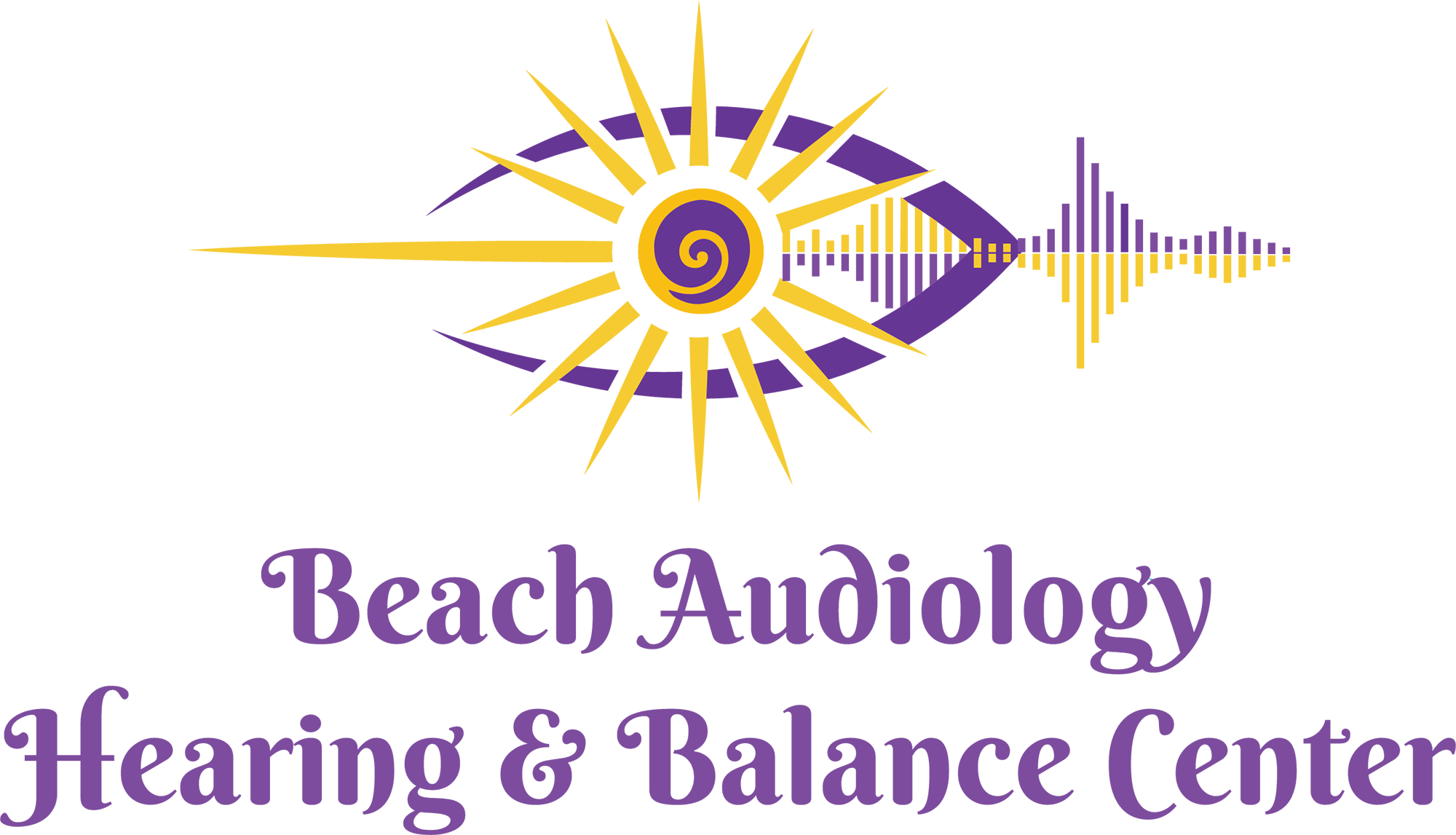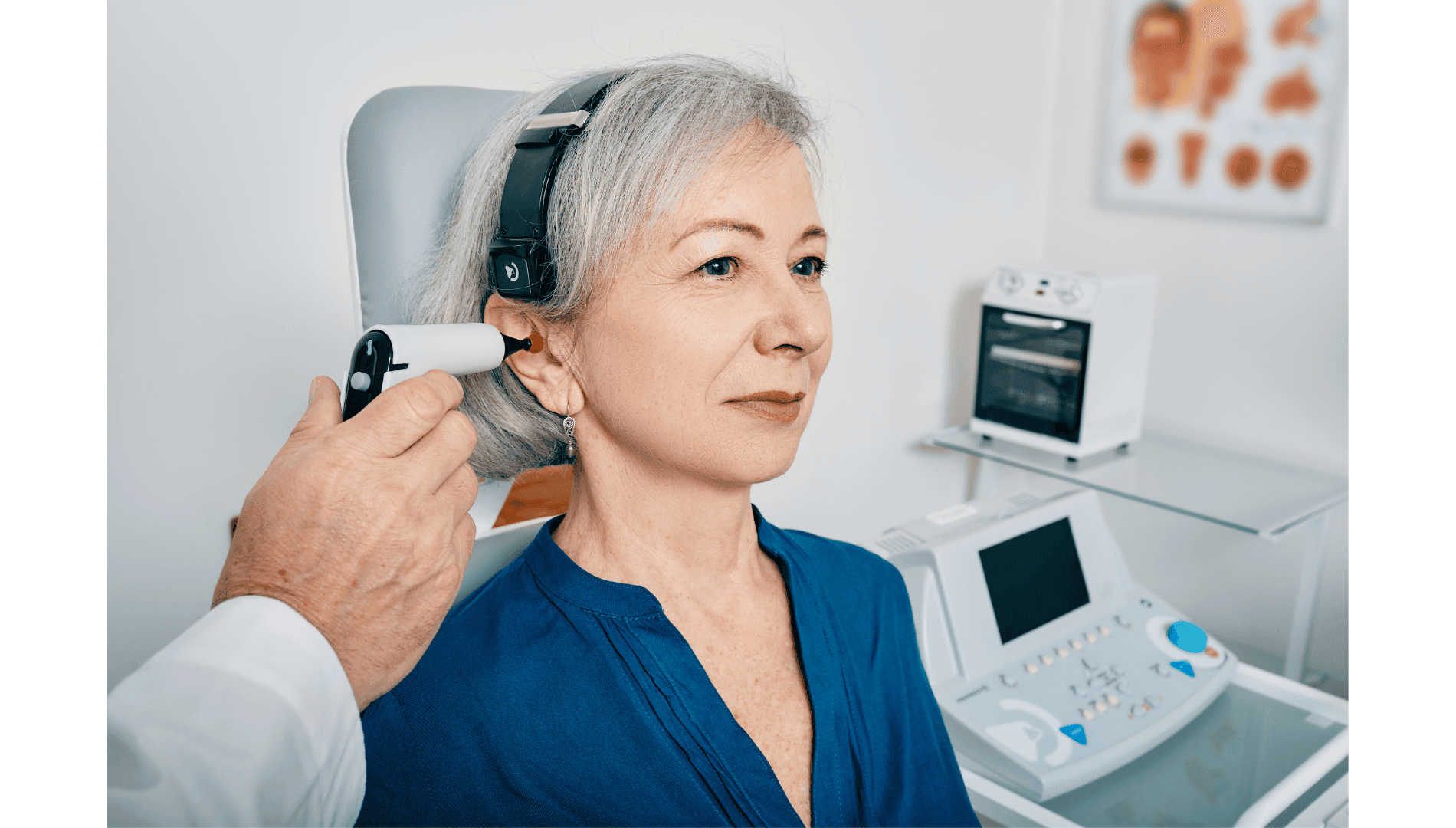Hearing loss can be a challenging and emotional journey, affecting not just the individual but also their loved ones. Recognizing the signs early can make a significant difference in managing hearing health. A comprehensive hearing evaluation is critical for diagnosing and addressing hearing issues before they become overwhelming. Below are some key signs that it might be time to seek professional help and get your hearing evaluated.
Difficulty Following Conversations
Difficulty following conversations, especially in noisy environments, is often one of the earliest signs of hearing loss. You may find it difficult to understand what people are saying in places like restaurants, family gatherings, or busy public spaces. Conversations can become exhausting and frustrating, leading to feelings of isolation. If these experiences sound familiar, it may be a sign that a hearing evaluation is necessary. Identifying the issue early can help maintain better communication and relationships with others.
Frequently Asking for Repetition
Asking people to repeat themselves more often than usual can also indicate potential hearing loss. This issue might occur in various situations, whether during a casual chat with a friend or a serious work meeting. Although occasional repetition is normal, frequently needing others to repeat what they’ve said may suggest an underlying hearing problem.
This can be stressful and disrupt communication flow, making everyday interactions challenging. A hearing evaluation can provide clarity on your hearing abilities and offer solutions to improve your communication effectively.
Turning Up the Volume
Do family members or friends often tell you that your TV or music is too loud? Needing to increase the volume higher than others prefer is another common sign of hearing loss. It may become apparent that what seems like a comfortable level for you is actually quite loud to everyone else.
Hearing loss can be frustrating for both you and those around you. Addressing this issue with a hearing evaluation can help you enjoy entertainment at a volume that suits everyone and ensure you aren’t missing out on important auditory details.
Struggling with Phone Conversations
Phone conversations can become increasingly difficult when dealing with hearing loss. Without visual cues like lip-reading or body language, understanding the person on the other end can be more challenging. This difficulty can lead to miscommunication and frustration during phone calls.
If you notice that in-person conversations are easier to follow than phone calls, it might be time to consider a hearing evaluation. Professional guidance can improve the clarity of phone conversations, making communication smoother and less stressful.
Missing Everyday Sounds
Everyday sounds that used to be taken for granted, such as doorbells, alarms, or birds chirping, can fade from awareness with hearing loss. These sounds play an important role in daily safety and awareness. For instance, not hearing the doorbell might result in missed visitors or deliveries, while not hearing alarms can pose serious safety risks. If these sounds are no longer as noticeable as they once were, this is a strong indicator that a comprehensive hearing evaluation is needed. Addressing these changes early can help maintain safety and quality of life.
Experiencing Ear Discomfort
Ear discomfort, including sensations like ringing, buzzing, or even pain, can be associated with hearing loss. These symptoms may persist or fluctuate, but it’s important to never disregard them. This discomfort can be distracting and impact concentration and overall well-being.
While such symptoms can be caused by various factors, a thorough hearing evaluation can help determine the root cause and recommend the best course of action. Treating ear discomfort promptly can aid in improving overall ear health and prevent further complications.
Other Signs to Consider
In addition to the common signs already mentioned, some subtle indications that may also suggest hearing loss. You might find yourself feeling more mentally and physically exhausted at the end of the day due to the extra effort required to listen. Relying heavily on lip-reading to understand conversations or frequently misinterpreting what others say can also be signs. Some people begin avoiding social situations altogether because of the difficulty in keeping up with conversations.
Recognizing these signs early and seeking help is important. Early intervention supports better hearing health and enhances overall well-being, helping to prevent social isolation, reduce stress, and improve daily interactions.
There is no need to feel alone or overwhelmed. Support networks, professionals, and resources are available to assist those experiencing hearing loss and their loved ones. Scheduling regular hearing checkups can be a proactive step towards better hearing health and can lead to effective treatment solutions tailored to individual needs.

